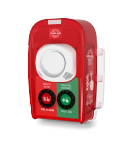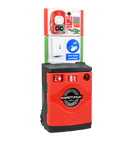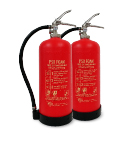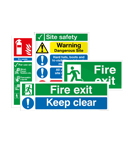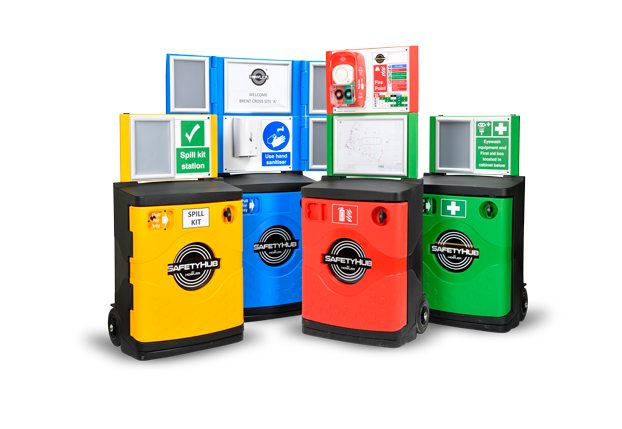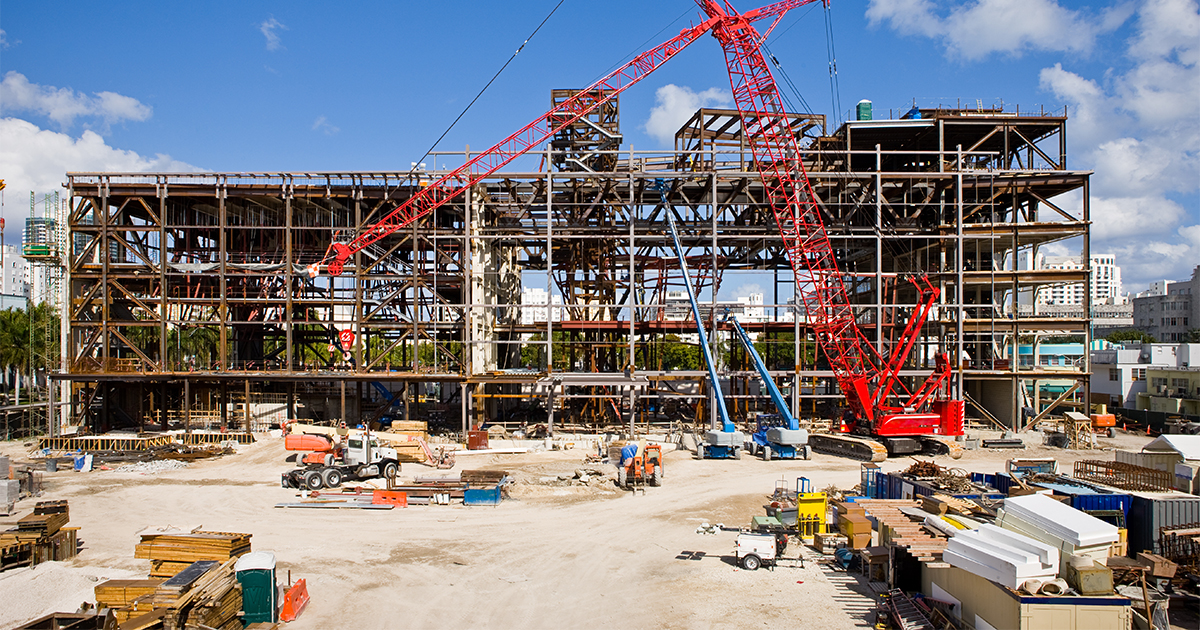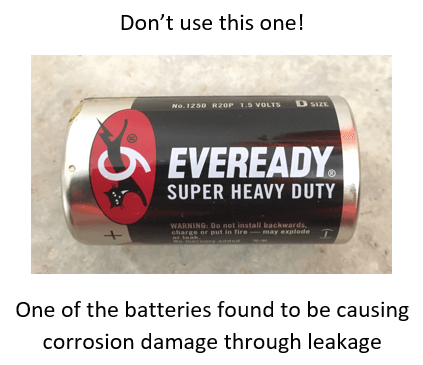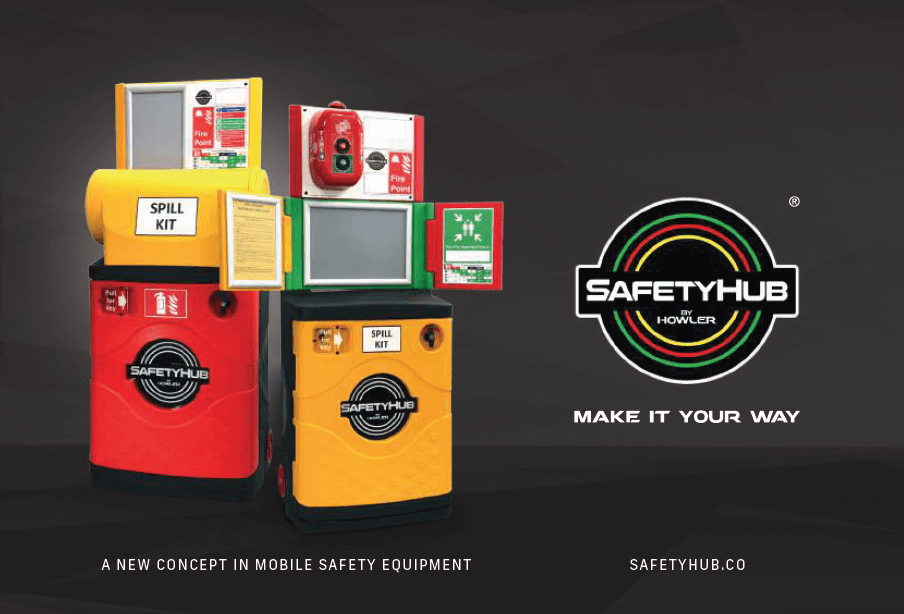In this article we give you a brief guide to storage of combustible materials on site and also advice on how important it is to store and dispose of waste materials safely. Remember, for full guidance, please read the FPA’s JCoP on Fire Prevention on Construction Sites and the HSE guide to Fire Safety in Construction
Stored Materials
- Wherever possible, any combustible material should be stored outside the building under construction, and far enough away from the building that in event of fire, it cannot spread from the materials to the building
- Storage of all materials should be in locked metal cabinets, but especially on high risk sites
- Where there are combustible materials on site, they should be stored in an area with controlled access, be away from hot works, in an area covered by fire detection/on a route where there are regular fire risk checks, and have fire fighting equipment located close by
- In addition, it is recommended that stored combustible materials are covered by a layer of material conforming to LPS 1207 or equivalent
Waste Materials
- Good housekeeping is very important on all sites – if allowed to accumulate, rubbish can provide an excellent starting point for a fire
- All waste packing, wood, oily rags and other combustible material must be removed from the workplace at least once a day, to a safe place
- There should be separate bins and storage areas for different types of rubbish
- Rubbish chutes should be used wherever practically possible and should be made of fire resistant material. These should not obstruct escape routes
- Any burning of rubbish and vegetation should be kept to a minimum, and ideally only at site clearance stage. Local authorities and the Environmental Agency must be consulted before any burning occurs
- All burning must be subject to a risk assessment and be controlled by a permit system
- A permanent fire watch must happen with any burning, and he/she must have a number of suitable fire extinguishers to hand and be trained to use them
- The area must be inspected regularly up to 60 minutes after burning before the permit can be signed off
- Dangerous items such as cylinders, aerosol cans and flammable substances should be removed before burning
